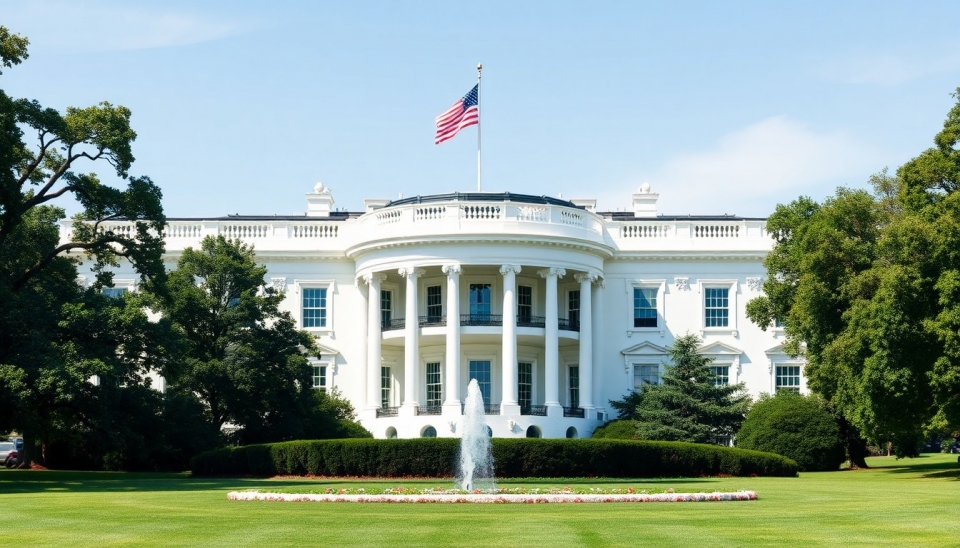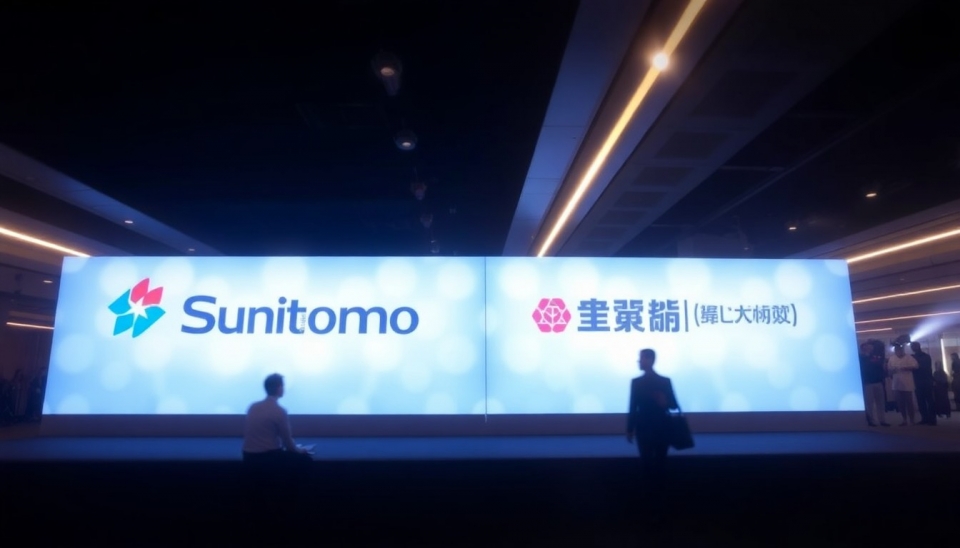
In a transformative era for artificial intelligence, many experts are predicting a significant shakeout as competition intensifies between the United States and China. A prominent figure in the AI landscape, who has played a vital role in its evolution, expressed that only a select few AI models will ultimately thrive amidst this complex rivalry.
The ongoing race between the two global superpowers is not merely about technological advancement but also about establishing dominance in the AI arena. As countries increasingly recognize AI's potential impact on their economies and military capabilities, there’s a growing urgency to advance these technologies. This dynamic has made investments in AI more critical than ever, and the pace of innovation is expected to accelerate dramatically.
According to the AI pioneer, who has witnessed the industry’s progression firsthand, they foresee that the future will not comprise a multitude of AI models, but rather a handful of robust, highly efficient ones that manage to navigate this competitive landscape. This consolidation is likely to bring to the fore a few key organizations capable of delivering superior innovations while maintaining the trust and regulation needed in an age of heightened scrutiny.
The implications of this shift are vast. As major tech giants and governments funnel resources into AI development, researchers and smaller companies may struggle to keep up. The concentration of expertise and funding among a few entities means that groundbreaking advancements could become concentrated in the hands of a select few. This could not only reshape market dynamics but also influence societal aspects such as privacy, ethics, and regulatory practices surrounding AI technology.
Moreover, the tensions between the U.S. and China pose further challenges. As competition heats up, one can expect a battle over AI talent and intellectual property. Both nations are fully aware that AI competency could ultimately dictate future geopolitical power. Therefore, how this competition unfolds will be crucial in determining which AI frameworks will emerge dominant in the future.
It is essential for stakeholders across the board—governments, corporations, and society—to engage with this evolving landscape thoughtfully. Navigating the ethical, legal, and societal implications of artificial intelligence will be as critical as advancing the technology itself. As these discussions gain momentum, it becomes increasingly clear that the future of AI is not just one of innovation but one that requires careful consideration of its broader consequences.
As the landscape evolves, industry leaders, policymakers, and the public must remain vigilant. Identifying the leading players in AI, their methodologies, successes, and the regulatory frameworks they operate within will be critical for anyone who wishes to understand the future of this pivotal technology.
In summary, as the race for AI supremacy between the U.S. and China continues to unfold, we stand at a significant crossroads. Only time will tell how many AI models will survive this intense competition, but one thing is clear: the world of artificial intelligence is about to undergo a dramatic transformation that will reshape the global order.
#ArtificialIntelligence #USChinaRelations #Innovation #AITechnology #FutureOfAI #TechCompetition
Author: Liam Carter




